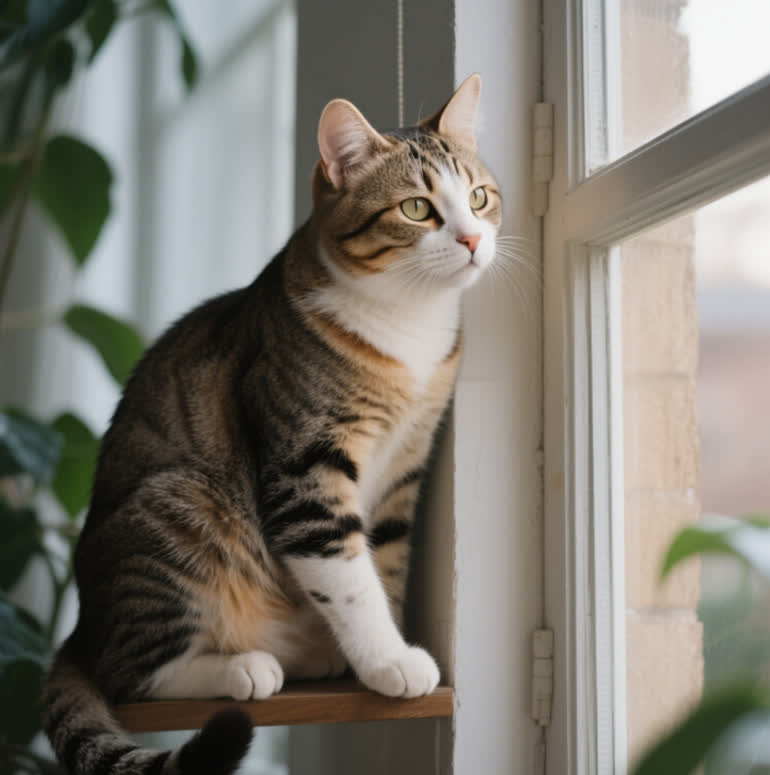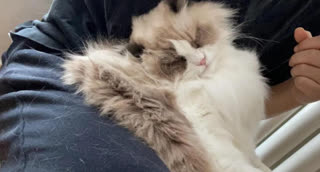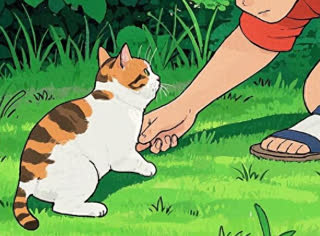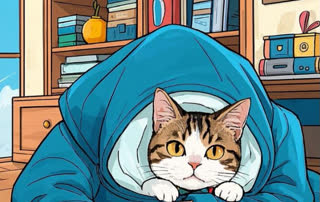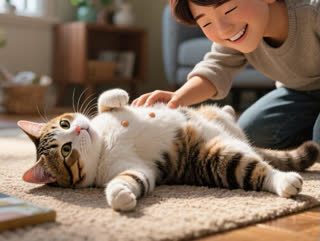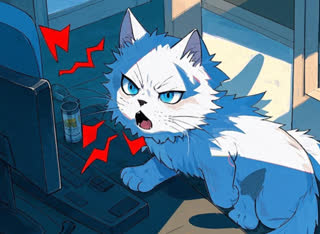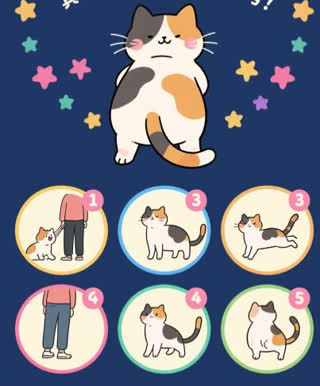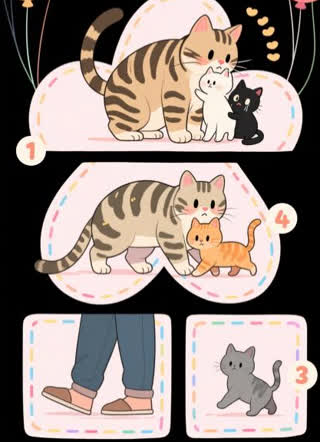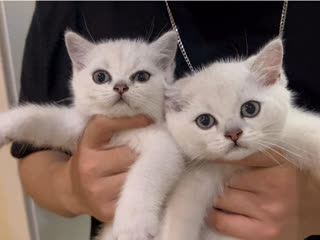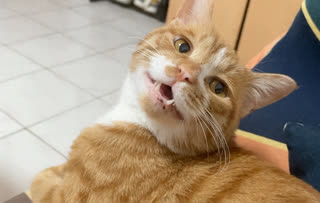If you’ve ever owned a Maine Coon cat—or any feline companion—you’ve likely noticed their fascination with perching by windows. Whether basking in sunlight or intently watching birds outside, cats seem magnetically drawn to these spots. But why do cats like to stay by the window? This behavior is deeply rooted in their instincts, sensory needs, and environmental curiosity. In this article, we’ll unpack the science and psychology behind this common feline habit, offering insights into how windows fulfill cats’ physical and mental needs.
1. Curiosity and Environmental Stimulation
Cats are natural explorers, and windows provide a safe vantage point to observe the world. For breeds like the Maine Coon, known for their intelligence and large size, windows offer a front-row seat to outdoor activity. Their keen eyesight detects movement—like fluttering leaves or scurrying squirrels—triggering their innate hunting instincts. This stimulation mimics the mental challenges they’d face in the wild, keeping them engaged even indoors.
2. Sunbathing and Warmth
Cats are sun-seekers. The warmth from sunlight helps regulate their body temperature, a trait inherited from wild ancestors who relied on sun exposure for survival. Maine Coons, with their thick, water-resistant fur, may particularly enjoy sunlit spots to maintain their luxurious coats. Additionally, sunlight boosts serotonin levels, enhancing their mood—a key reason why cats like to stay by the window.
3. Hunting Instincts and “Window TV”
Even domesticated cats retain predatory instincts. Watching birds or insects through glass activates their “prey drive,” a behavior observed in wild felines. Studies suggest this “window TV” provides mental enrichment, reducing boredom and stress. For Maine Coons, whose history includes farm-based rodent control, this activity aligns with their natural role as hunters.
4. Territorial Monitoring
Cats are territorial animals. By staying near windows, they monitor their domain, ensuring no intruders—like stray cats or unfamiliar wildlife—enter their space. Maine Coons, despite their gentle demeanor, are highly alert and may vocalize (with their distinctive chirps) to assert boundaries.
5. Safe Observation Point
Windows allow cats to experience the outdoors without exposure to risks like traffic or predators. This “safe zone” is crucial for indoor cats, satisfying their curiosity while keeping them protected. Maine Coons, adaptable yet cautious, thrive in such environments.
6. Social Interaction
For social cats, windows offer glimpses of human or animal activity, fulfilling their need for interaction. Urban cats might watch passersby, while rural ones observe wildlife. Maine Coons, known for their dog-like loyalty, often seek companionship by staying near family members—or their favorite window.
Enhancing Your Cat’s Window Experience
To maximize your cat’s enjoyment:
Install a Cat Perch: Elevated shelves or window beds cater to their love of heights.
Add Bird Feeders: Attract wildlife to create a “live show” for your feline.
Ensure Safety: Secure screens to prevent falls or escapes.
So, why do cats like to stay by the window? The answer lies in their biology, instincts, and emotional needs. For Maine Coons and other breeds, windows serve as portals to stimulation, warmth, and security. By understanding these behaviors, owners can create enriching environments that honor their pets’ natural inclinations.
